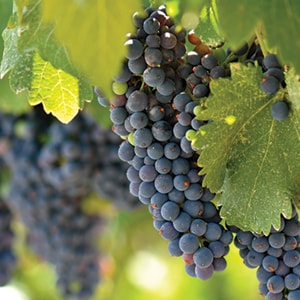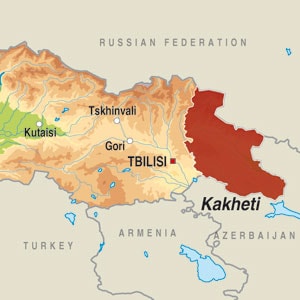Tbilvino Qvevris Saperavi 2021


Who do we all have to thank for wine? Archeologists traced the first winemaking culture back to 6,000 BC in the southern Caucuses—what is modern day Georgia.
In this “cradle of wine,” early Georgians turned grape juice into wine by storing it in large, egg-shaped clay vessels called a “qvevri” (pronounced kway-vree). Like modern winemakers, they regulated the temperature during fermentation—but instead of using temperature-controlled rooms or tanks, these nascent vintners buried the vessels under the earth…for up to 50 years. Remarkably, it produces the ideal conditions for fermentation and requires no electricity.
After several decades under Soviet rule, Georgia is once again making some of the most interesting wines in the world today. The previous vintage of Tbilvino Qvevri Saperavi shocked the world and won the Champion Red Trophy at the International Wine Challenge, along with 93 points from Decanter, whose judges praised its "Smoked blackberry, dark cherry and Christmas spices on the nose. Juicy and plummy with robust but fully ripe tannins, balanced with a solid streak of acidity. Vinous and full-on, liquorice, black tea, cloves and dark coffee lead to an undertone of prunes and dark berries. The dried dark fruits follow to the profound finish."
It hailed from the Margvelashvili brothers’ Tbilvino Winery, a terrific modern cellar with a focus on crafting top-quality, estate-bottled wines.
Now, the new release is making its U.S. debut and you have exclusive access. It’s not like anything many wine lovers have ever tried. Made with Georgia’s flagship Saperavi grape, the wine has an earthy, dark-fruited richness. All that complex flavor is underpinned by an elegant freshness, thanks to its time spent in qvevri buried in the earth. These vessels are extremely rare—only 5% of all Georgian wines are aged in qvevri, making the wines very hard to find.
It’s especially rare to see theses special Georgian wines in the U.S. Secure your share of this top-estate red today.
Who do we all have to thank for wine? Archeologists traced the first winemaki...


Decanter judges
on the previous vintage




